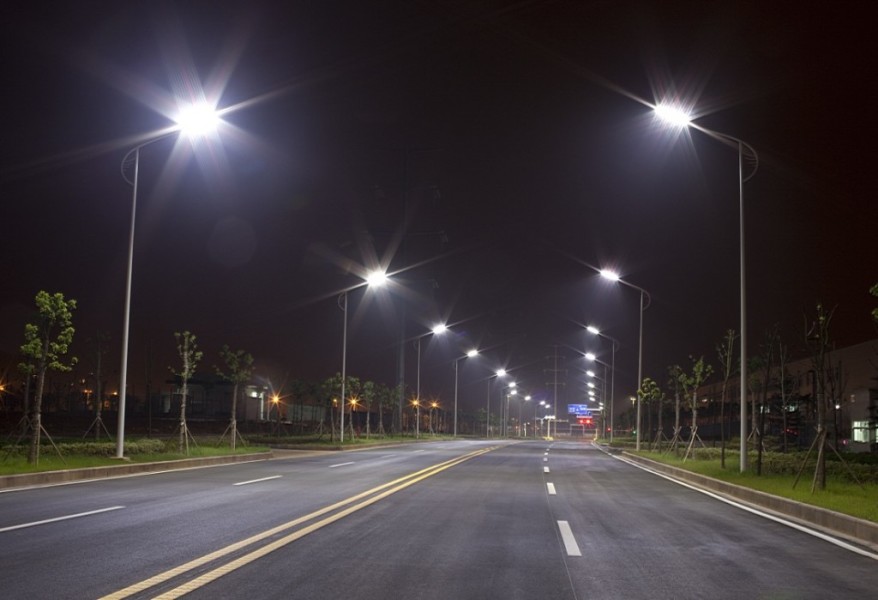False Creek Flats presenting at UBC Poster Showcase on March 31st, 2014.
Working on this project our group learnt the importance of communication in ongoing projects. The City of Vancouver stressed the importance of meeting and communicating in order to ensure both sides of the partnership were on the same page.
We found that splitting up the work and allowing group members to become “specialized” on certain topics was an effective way of maximizing the amount of ideas pursued and research done. In the end we came together to create a finished product that benefitted from the different perspectives that went into creating it.
City Studio’s Hubbub Project Showcase Event at City Hall
Our biggest contribution to the community was bringing in fresh, unique ideas for the area’s improvement. The current area is industrial, unkempt, and is tagged as the greenest tech area to work in. Some of our sustainable ideas, including swales, solar panel vehicle charging stations, and recycled sidewalks are in direct correspondence to the city’s Greenest City 2020 and Transportation 2040 action plans. We are confident that these green ideas are implementable and will contribute to the transformation of the False Creek Flats area into a “Green Enterprise Zone”.
Overall, we had a very valuable experience working on this CBEL project, together with City Studio and City of Vancouver. Knowing that we, as students, can contribute to the community directly inspires us to work harder and perceive problems from different points of view, and eventually strive to make the world a better place.
